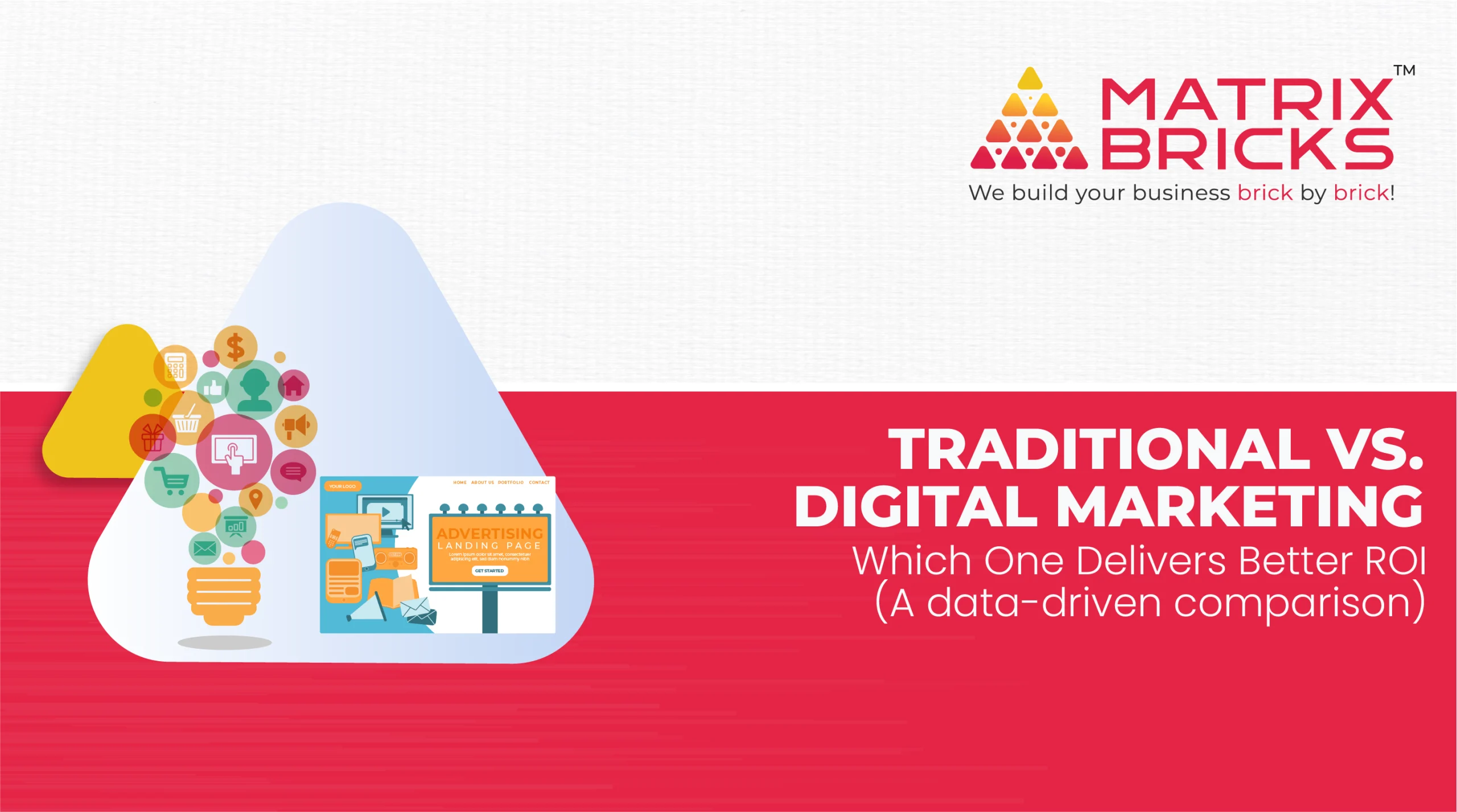Data engineering is the backbone of modern, data-driven organisations, playing a pivotal role in developing, deploying, and maintaining robust data pipelines and infrastructure.
Core Components Powering Modern Data Engineering Solutions
- ETL (Extract, Transform, Load): ETL is a core component of data engineering services, enabling the seamless movement of data from multiple sources into a unified, analysis-ready format. Modern ETL pipelines are built to be scalable and adaptable, processing vast amounts of data with low latency. Some providers also implement ELT (Extract, Load, Transform), which allows for faster data movement when transformations can be deferred.
- Batch Processing vs. Stream Processing: The choice between batch and stream processing depends on specific business needs. For applications that require immediate insights, such as fraud detection or stock market analysis, stream processing is indispensable. On the other hand, batch processing is more suitable for less time-sensitive tasks like periodic reporting. Consultants evaluate your business requirements and implement the appropriate processing approach—or a hybrid model—to optimise performance.
- Distributed Computing: When dealing with massive data volumes, distributed computing frameworks like Apache Hadoop, Spark, and Flink are essential. These technologies enable the parallel processing of large datasets, ensuring faster insights and better system scalability. Cloud-based data engineering solutions leverage these frameworks to support large-scale data operations while maintaining efficiency.

Key Advantages of Implementing Data Engineering Solutions
Improved Data Quality
Enhanced Scalability
Faster Time-to-Insight
Cost Optimization
Data-Driven Innovation
How Does Data Engineering Work?
Data Analysis and Visualisation
Once the data is processed, it must be analysed and interpreted. Using tools like Power BI, Tableau, and custom dashboards, consultants convert raw data into visually intuitive dashboards. These empower decision-makers to identify trends, compare metrics, and predict future developments. Interactive visualisations help stakeholders derive actionable insights with ease. Companies also provide training to ensure that organisations can fully leverage these visual tools for impactful decision-making.
Data Processing and Transformation
Transforming raw data into usable formats involves a series of complex steps, including data cleaning, normalisation, enrichment, and deduplication. This process ensures data accuracy, completeness, and relevance. Professionals in data engineering solutions often implement advanced transformation techniques such as feature engineering for machine learning and data augmentation to enhance analytical outcomes. Streamlining this stage is crucial for delivering high-quality insights through data engineering.
Data Storage and Management
Once data is collected, it requires a robust storage solution. Modern data engineering leverage scalable technologies like data lakes and data warehouses, which are capable of handling vast amounts of data. Efficient data cataloguing and metadata management ensure easy and quick access with minimal latency. Cloud-native solutions such as AWS S3, Google BigQuery, and Azure Data Lake Storage offer unparalleled scalability. Companies design storage systems that strike the perfect balance between cost-efficiency and high performance, ensuring secure and optimised data retrieval.
Data Collection and Ingestion
The journey begins with data collection from multiple, diverse sources, including relational databases, APIs, IoT sensors, social media feeds, and streaming platforms. This step is critical to ensuring that an organisation captures all relevant data points. Advanced data engineering focus on automating data ingestion to handle both structured and unstructured data in real-time or batch mode. This phase sets the foundation for comprehensive data ecosystems that power analytics and insights.
Challenges and Solutions in Data Engineering



Data Silos
Solution: Implement data integration techniques using tools like Apache NiFi and Talend to harmonise data from various sources. By creating unified data pipelines, businesses can eliminate silos and support more robust analytics.
Data Quality Issues
Solution: Comprehensive data quality checks, data cleansing processes, and automated validation tools are part of the solutions. Implementing data governance practices ensures long-term data reliability.
Scalability Concerns
Solution: Leverage cloud-based solutions and distributed computing frameworks like Apache Spark to scale data operations seamlessly. They also assist in migrating legacy systems to the cloud.
Real-Time Processing Demands
Solution: Implementing streaming technologies facilitates real-time data pipelines, enabling continuous data flow and swift analysis in real-time systems.
Complex Data Architectures
Solution: Streamline data architectures using microservices, containerisation (Docker, Kubernetes), and service-oriented architectures (SOA), making data systems more flexible and efficient.
Data Security and Compliance
Solution: Implement secure practices, including encryption, access control, and compliance audits. They also provide tools for data anonymisation and role-based access to protect sensitive information.
High Costs and Resource Management
Solution: Cost optimisation is a priority, with providers employing strategies such as data compression, efficient query optimisation, and cost-effective cloud services to reduce expenses while maximising data value.
Get Your Free Audit Now!
Frequently asked questions
What are data engineering services?
What services do data engineering companies provide?
Why are data engineering solutions important for businesses?
What does a data engineer consultant do?
How can data engineering consultants help optimise data workflows?
How do these solutions improve data quality?
What technologies are commonly used in data engineering?
Can data engineering services be customised for different businesses?
How does ETL contribute to data engineering?
How do I choose the right data engineering company for my business?
Client Testimonials












